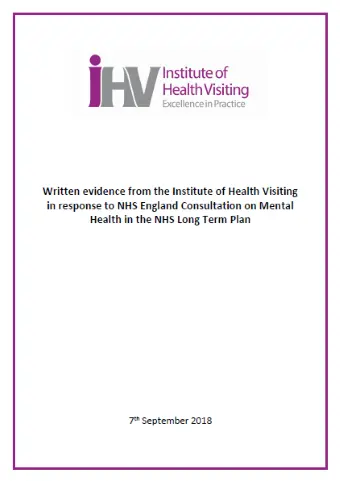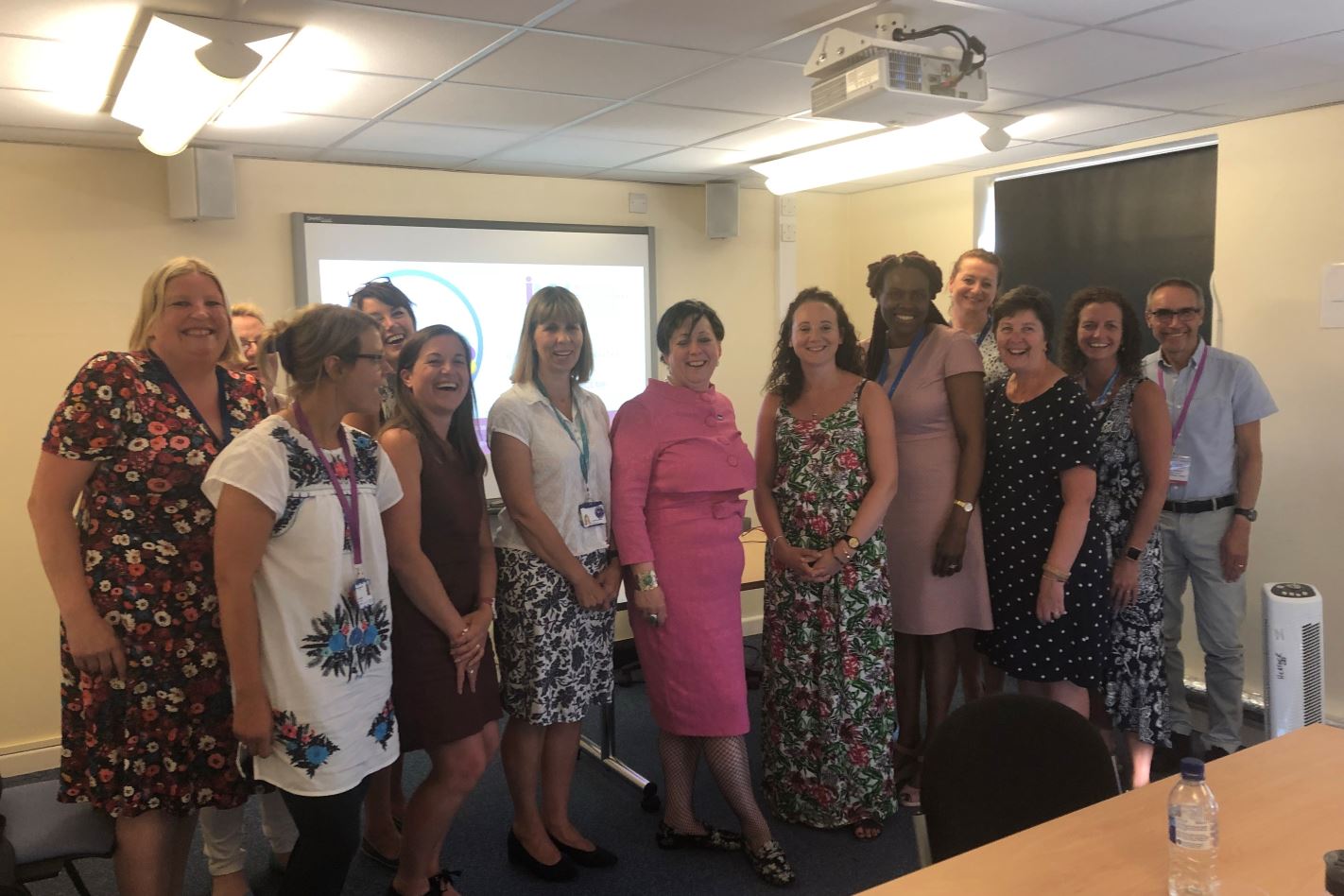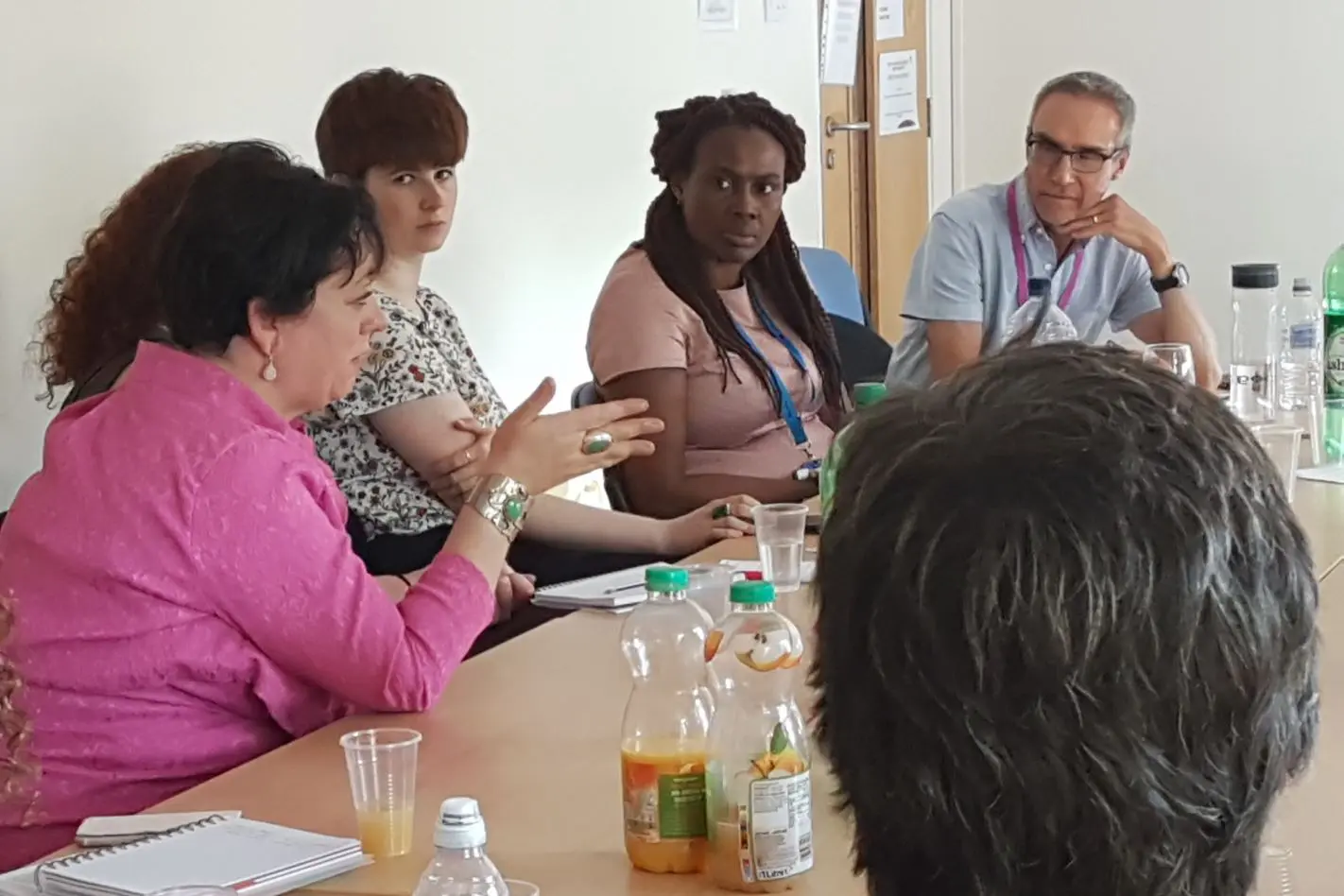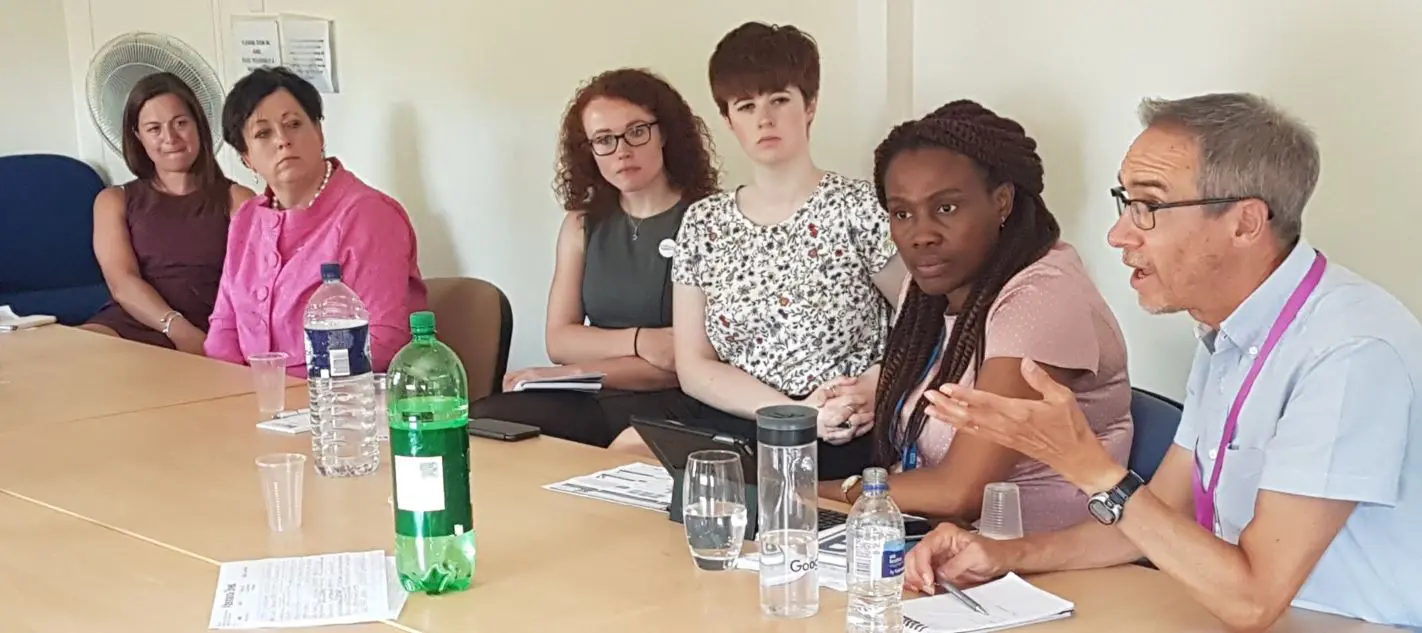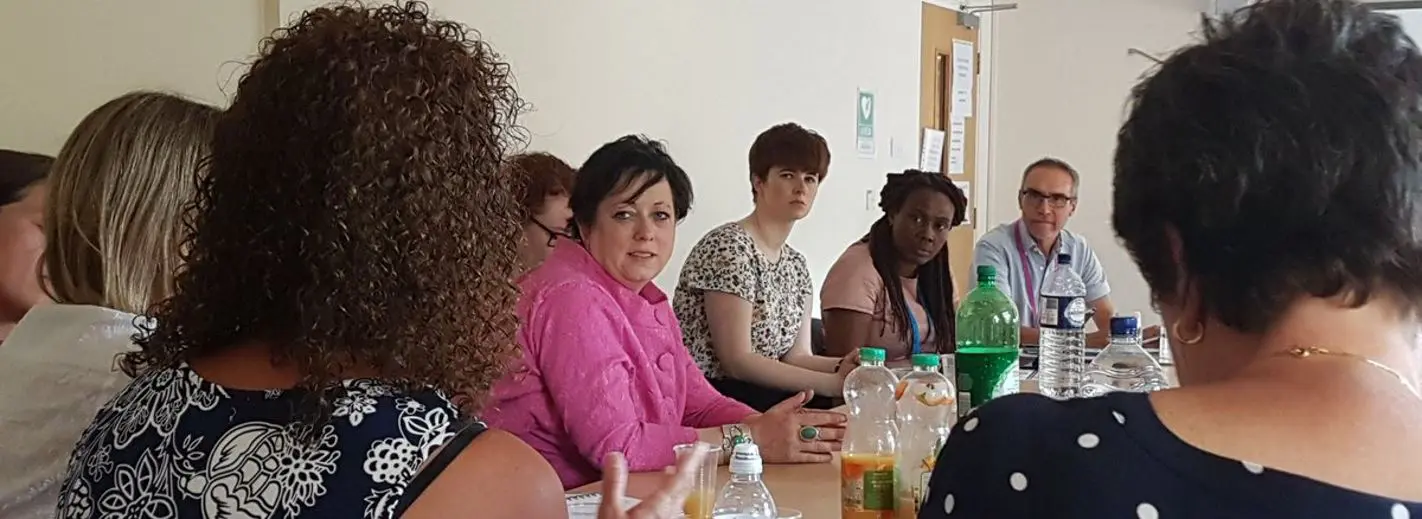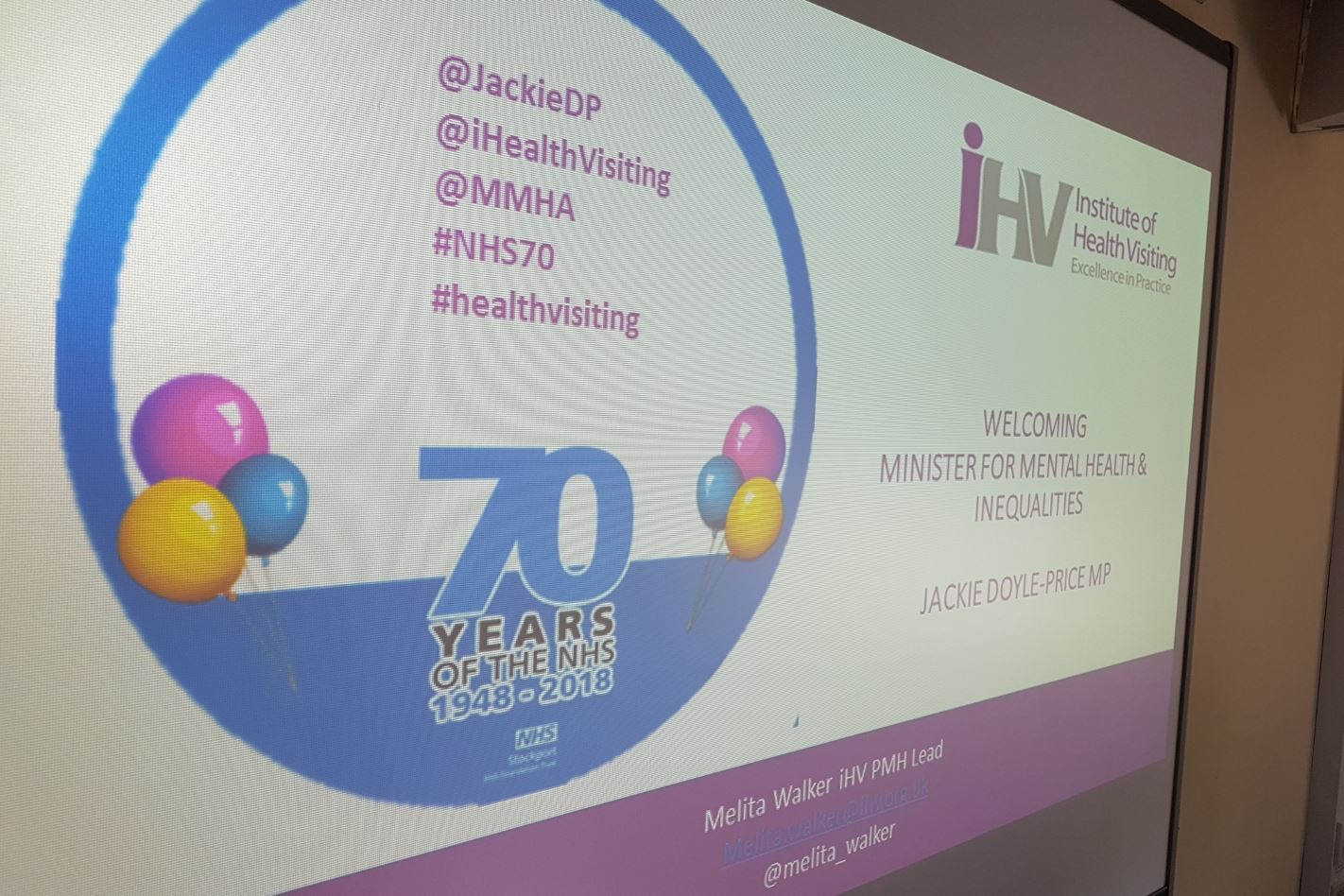
The Maternal Mental Health Alliance (MMHA), the Institute of Health Visiting (iHV), the Royal College of Obstetricians and Gynaecologists (RCOG), and the Royal College of Midwives (RCM) are delighted the NHS Benchmarking report on Universal Perinatal Mental Health Findings was published on Friday 14 September.
Prior to this study, information on service provision and staffing of universal perinatal mental health (PMH) services was not available at a national level. The study sought to gain an understanding of the extent of PMH provision in universal services across England, supplementing an annual audit of Specialist PMH services undertaken by the NHS Benchmarking Network for NHS England.
The data collected from providers suggested that:
- Capacity in universal services is very limited and does not provide the necessary broad base from which the Specialist PMH services can operate effectively and efficiently as a secondary care tier.
- The provision of specialist perinatal mental health care within universal services is highly variable across England, with some areas having no, or limited, provision (obstetric & midwifery providers 61%; health visiting providers 30%).
Specialist provision within universal services is necessary to coordinate, inform and support evidence based PMH care across the whole service, and therefore offers a clear reflection of the care women are able to access. The large gap in health visiting PMH capacity was particularly evident, with 70% of providers having no specialist provision within the service.
If we are to deliver on the ambition of the Five Year Forward View for Mental Health, attention must be paid to the full spectrum of need. This report is critical because it focuses on the universal element, where the vast majority of women need to receive their care. Most recognition of mental health problems and risks, most prevention and early intervention, can only be coordinated and provided within universal services. Universal services are therefore a crucial element of the PMH care pathway at every local level and have the potential to create great savings in relation to both human and economic costs in the short and long term.
Dr Cheryll Adams, Executive Director at the iHV, said:
“The Institute of Health Visiting warns that the real state of today’s health visiting support for mothers suffering with perinatal mental illness (PMI) may be significantly worse than that found by the NHS Benchmarking report based on data from 2016, as there have been further cuts to the workforce and the development of a significant postcode lottery of services up and down the country. Health visitors across the country nevertheless continue to strive to deliver an excellent service to children and families, and will do everything in their power to promote good family mental health.”
Alain Gregoire, Chair of the MMHA, said:
“There has been excellent progress in funding specialist perinatal service provision across England, but we know that specialist services alone are not enough. All women in pregnancy and postnatally should have equitable access to the support, prevention and treatment they need for their mental health as much as for their physical health. This report shows that investment is essential to ensure that there are sufficient, well-trained staff across universal services so that women get the care they should expect from the NHS, and our children can get the best start in life.”
Janet Fyle, Professional Policy Advisor at the Royal College of Midwives, said:
“Whilst there is progress in some areas, there is still a lot more to do. Our survey showed that we remain seriously short of specialist maternal mental health midwives and services to support women with mental health problems and needs in the community and in their homes. There is also a need to ensure that all midwives involved in the care of pregnant women receive adequate training, so that they can identify women with mental health problems and refer them appropriately for care and support as required.”
Dr Alison Wright, Consultant Obstetrician and Vice President of the Royal College of Obstetricians and Gynaecologists said:
“Despite maternal mental health being a key priority of the Government, this report shows the extreme pressure faced by obstetricians and psychiatrists, midwives and health visitors who provide perinatal mental healthcare. Healthcare professionals are usually the first point of contact that a woman reaches out to and we must ensure that all staff involved in the care of women during pregnancy and beyond, have the relevant education and training in perinatal mental health. Every maternity unit across the country should have in place a clearly defined care pathway for referring women to local specialised perinatal mental health services which all women can access when needed.”
Collectively, we will continue to push for equitable access to evidence based PMH care for women with mental health problems and their families through robust universal services alongside the development of specialist PMH services – women and their families need both. We support the call for all maternity and health visiting services (and GP services) to be sufficiently resourced, so that all professionals across universal services have sufficient capacity, competence and confidence to deliver top quality proactive mental health care to all families. Furthermore, we advocate that these healthcare professionals should be supported by having lead specialist professionals/Champions from within their respective professions in every organisation.
Background Information to the report
In January 2017, the NHS Benchmarking Network was commissioned by Health Education England, funded by NHS England, and partnered with the iHV, RCOG and RCM to complete a stocktake of perinatal mental health (PMH) care within maternity and health visiting services. Data collection took place from February to May 2017 and referenced the year January to December 2016. Universal PMH services in this report included obstetrics, midwifery and health visiting.
There was a high response rate from organisations across England, with numbers of responses by service type as follows:
- Obstetric services 141
- Midwifery services 123
- Health visiting services 88
In total, the following specialist practitioners were identified in the study:
- Obstetric services = 40.8 WTE (1.3% of total obstetric capacity)
- Midwifery services = 228 WTE (1.4% of total midwifery capacity)
- Health Visiting services = 60.6 WTE (0.78% of total health visiting capacity)





